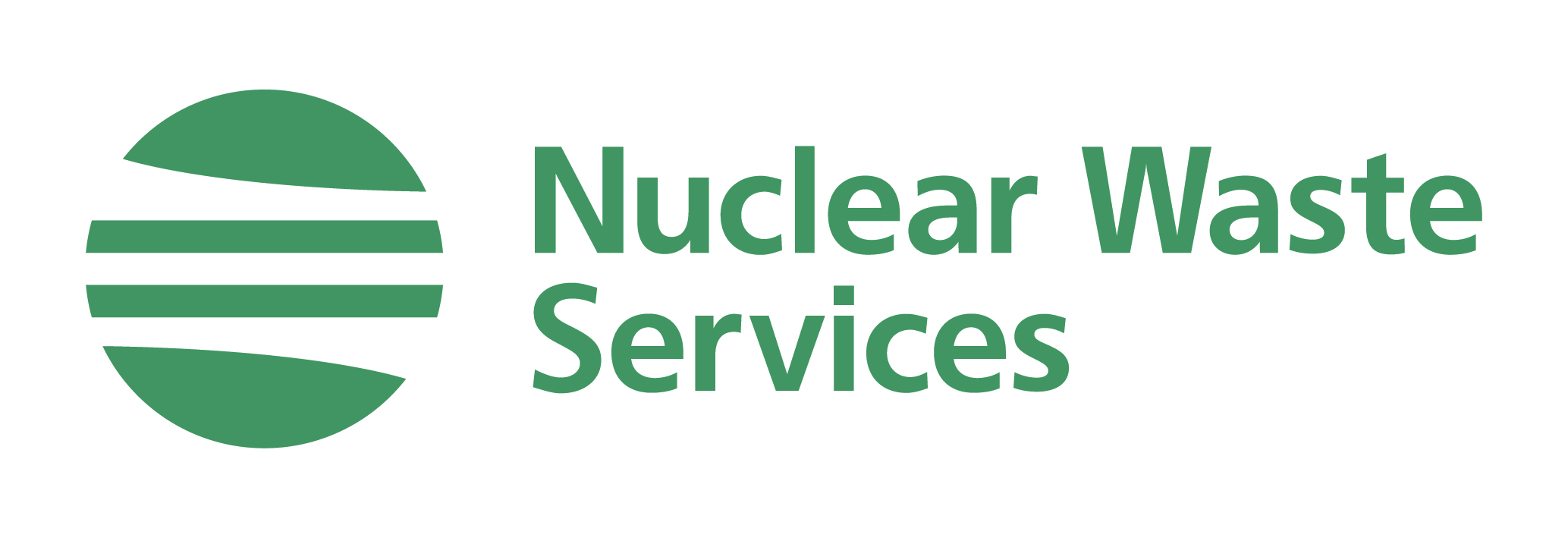Webinars
Upcoming Webinars
Details of our upcoming webinars and how to attend them are shown below.
Radiochemistry webinar – 2nd May 2025
Prof Andy Cundy (Uni of Southampton), Will Bower (NWS) & guest speakers look at ongoing Radiochemistry research relevant to the NWS RSO.
Speakers:
Liam Abrahamsen-Mills (UK National Nuclear Laboratory)
Shaun Hemming (University of Southampton)
Raphael Margreiter (University of Manchester)
Eventbrite registration here.
To be kept informed of our future webinars and other events please sign up for our newsletter
Geoscience webinar (Hybrid) – 16th May 2025
Prof Kevin Taylor will host a hybrid Geoscience webinar at the University of Manchester with talks from David Schofield of Nuclear Waste Services and Jingyue Hao of UoM.
There will be the opportunity for in person attendees to remain for refreshments following the webinar.
To register for the event please visit Eventbrite.
To be kept informed of our future webinars and other events please sign up for our newsletter
Previous Webinars
Details and recordings of our previous webinars are shown below.
Early Career Researcher Network
17th October 2024
Hosted by the newly established, at the time, Nuclear Waste Services RSO Early Career Researcher Network.
The event aimed to highlight how NWS integrate academic research into their programmes in support of the safety case for geological disposal of radioactive waste. With relevance to early career researchers and established academics alike, the session showcased the benefits of working with NWS to produce impactful research whilst providing an opportunity to meet and interact with colleagues across NWS and academia.
Speakers:
Matthew Kirby joined NWS as a Research Manager in 2020. His role focusses on understanding the performance of engineered buffer, backfill and seal materials for a UK Geological Disposal Facility. He has a background in geochemistry.
Steph Kape joined NWS in November 23 as the Site Descriptive Model Lead for Copeland. Prior to this she had worked in the oil and gas industry for 27 years, after a PhD in Sedimentology, Structure and Magnetostratigraphy.
Luke Townsend is an NWS Research Manager in Spent Fuel and RSO ECR Network Committee member. Prior to joining NWS in August 2023, Luke worked in academic research in roles investigating a variety of nuclear industry related challenges in the areas of environmental and materials chemistry.
Colin Boxall is a Professor at Lancaster University who holds The LRF Chair in Nuclear Decommissioning & Engineering and is Head of the new LRF Centre for the Safety of Nuclear Energy. He has research interests in the behaviour of the actinides throughout the nuclear industrial fuel cycle and has written more than 160 publications including more than 60 reports for the nuclear industry, including the National Nuclear Laboratory, Sellafield and the Nuclear Decommissioning Authority.
Deploying Digital Frameworks: Manufacturing & Construction Processes
10th October 2024
Hosted by Dr Steve Jones, Professor of Joining technologies: Welding, Brazing and Bonding at the University of Sheffield.
Speakers:
Dr Calum McHugh: Investigating the use of Feature Guided Waves for In-Process Inspection of Welded High-Integrity Disposal Containers
Dr McHugh completed his integrated Masters in Aero-Mechanical Engineering at the University of Strathclyde in 2022, including work on simulating highly strained elastomers using Finite Element Analysis and creating a glider simulator for use in the undergraduate syllabus. The PhD work involves using finite element analysis to determine the suitability of using feature guided waves to inspect the welds of containers for the GDF during their manufacture. Feature guided waves are of interest due to their ability to allow for the screening of a long area of interest from a single position, which would reduce the need for slower inspection methods that require moving to obtain similar coverage.
Dr Kristof Bartha: Potential Role of Digital Twins in Seeking Consensus for Geological Disposal Facility Siting
The potential of digital twins for a geological disposal facility extends beyond engineering benefits. Through systematic literature reviews and qualitative data analysis of the expectations of key stakeholders, potential digital twin capabilities, applications, and influences were identified. Based on industry examples and the principles of energy justice, digital twins can be developed to support designers and regulators, as well as facilitate community engagement, as a result building trust and credibility for a geological disposal facility.
Jonathan Eyre: Manufacturing Data Driven Decisions using Digital Frameworks
Jonathan is a Senior Technical Fellow at the AMRC for Digital Twins and HVMC’s Spokesperson for Cyber-Physical Infrastructure. He leads a range of client work and grant funded programmes focusing on digital twins and their key enabling components such as information management, cyber-physical systems bridged with data connectivity and wider digital transformation programmes. He is responsible for research across a range of industrial areas, primarily within manufacturing, to solve specific challenges to enable business value from the adoption of digital technologies.
NWS Research Seminar – DECOVALEX & Coupled Process Modelling
19th September 2024
The understanding and modelling of coupled thermo-hydro-mechanical-chemical (THMC) processes in geological systems.
Prediction of these coupled effects is an essential part of the performance and safety assessment of the GDF, as well as a broad range of sub-surface engineering activities.
Particular focus given to the DECOVALEX (DEvelopment of COupled models and their VALidation against EXperiments) programme, a long running international collaboration, initiated in 1992. This work has yielded in-depth knowledge of coupled THM and THMC processes associated with nuclear waste repositories and wider geo-engineering applications, as well as the suitability of numerical simulation models for quantitative analysis.
Hosted by Prof Kevin Taylor, Professor of Geoscience at the University of Manchester with speakers Alex Bond (Quintessa Limited), Gonçalo Cunha (University of Edinburgh) and Gary Couples (Heriot-Watt University) .
Research in progress webinar: Engineered Barrier Systems
16th November 2023
This session was focussed on the ongoing research in relation to Engineered Barrier Systems. The engineered barriers play an integral role in the GDF by protecting the waste package and the host rock, and by providing a containment function. In this webinar, the impact of temperature from high heat generating wastes on cementitious materials and bentonite was discussed. Guest speakers included Russell Alexander who discussed the use of natural analogues within the GDF safety case.
Research in progress webinar: Advanced Manufacturing
10th October 2023
This event was focussed around the ongoing research in relation to Advanced Manufacturing. Guest speakers included TWI’s Steve Dodds and colleagues who presented snippets from their work on nuclear canister design, manufacturing technologies and the 100,000 year breach assessment modelling they have undertaken. Arij Asad (RSO PhD) and Matthew Riding (FIND-CDT) also present an update on their research.
Research in progress webinar: Gas migration and reactivity in a GDF
24th November 2022
This event was focussed around on-going research relating to gas migration and reactivity in a GDF. We were joined by speakers that are working on gas evolution within a full-scale heater test, experimental understanding of gas migration through low permeability clay-based materials, and the gas migration properties of alternative backfill materials.
Research in progress webinar: Online games and complex decisions
29th September 2022
This event presented some of the latest developments in the use of games to engage a community relevant to a Geological Disposal Facility. Our speaker was Professor Nils Bunnefeld from the University of Stirling. Professor Bunnefeld works at the interface between biodiversity and society combining natural and social sciences to improve our understanding of decision making from local to global levels in relation to natural resource use, climate change, people’s livelihoods and sustainable development.
Research in progress webinar: Mathematical Models of Coupled Processes
23rd June 2022
This webinar included presentations on some of the latest developments in the Mathematical Modelling of Coupled Processes relevant to a Geological Disposal Facility. The keynote speaker was Victor Vilarrasa of the Spanish National Research Council in Barcelona. Victor has over fifteen years of experience in modelling subsurface flow processes, and has previously been a researcher at the Lawrence Berkeley National Laboratory (LBNL), and the École Polytechnique Fédérale de Lausanne (EPFL). Presentations were also given by researchers from the University of Manchester, and Imperial College London.
Research in progress webinar: Automation and Autonomous Research
25th May 2022
This webinar included presentations on some of the latest developments in the Automation and Autonomous Research relevant to a Geological Disposal Facility. The keynote speakers were Mike Wilson Chief Automation Officer, High Value Manufacturing Catapult and James Davies from RACE.
Contact us
We welcome opportunities to connect with the research community, industry and the general public.



